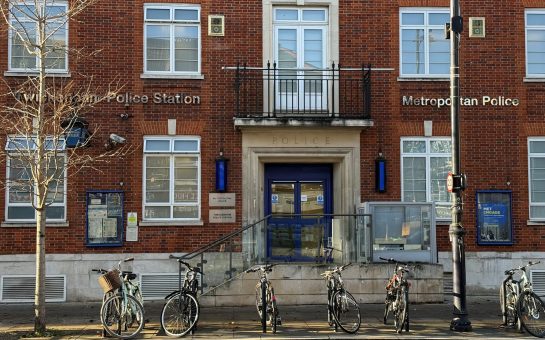Homelink Day Respite Care Centre has secured a £760,000 grant.
Dementia patients and carers in Richmond will be able to receive more support after a care centre received a £760,000 grant from the government.
Homelink Day Respite Care Centre, which is supported by Richmond Council, have secured the funding which will allow them to build a new centre on the existing site in Whitton.
It is one of 79 social care projects across the country that has been awarded money from the Department of Health in order to create pioneering care environments designed for the needs of people with dementia and their carers.
Homelink is a local charity and a nurse led centre for adults who have mental and physical needs, looking after residents to give their carers a break. The new respite centre will create a dementia friendly environment using design and colour to create light and airy spaces and a new sensory garden.
Sue Hodder, Chief Operations Officer, helped set up the Homelink project in 1997 in conjunction with trustees of Homelink and Father Rod Cosh, who at the time, was the Vicar of St Augustine’s Church in Whitton.
“This funding will take Homelink into a different dimension,” she said.
“We started with 12 clients 16 years ago just one day a week and now we have grown to 130 clients placed five days week. We provide a much needed service for the local community and the ever-increasing demand means we have outgrown our current premises.”
A carer who looks after her husband at their home full-time and uses the Homelink Service once a week said that knowing her husband was being well cared every Thursday was a big relief.
“I have peace of mind knowing my husband is well cared for on a Thursday by Homelink. I now have a lot more freedom to see friends, go for a walk, or just be by myself,” she said.
“Homelink has made such a difference to both of our lives.”
The funding was awarded to projects that could demonstrate how practical changes to the environment in which people with dementia are treated can make tangible improvements to their condition. They form part of the first national pilot to showcase the best examples of dementia-friendly environments across England, and its aim is to build evidence around the type of physical changes that give the most benefit to people with dementia.
Follow us @SW_Londoner




